Peoples & Places | China - People Exchange
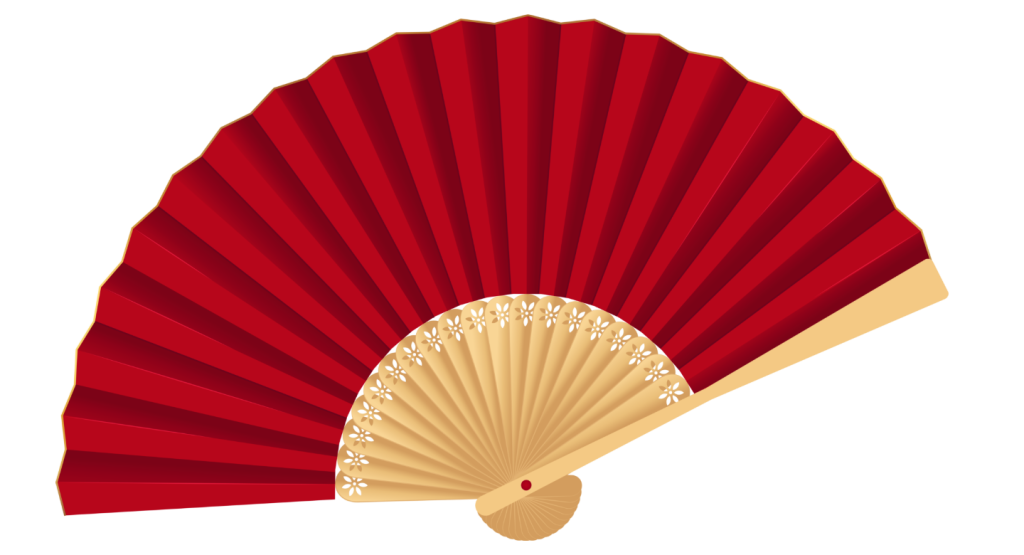
Hou Jing Meets Foreign Journalists in Jingdezhen – Belt and Road Journalist Forum in July 2025
A guest journalist Hou Jing
CGTN Reporter
Hou Jing
CGTN Reporter
M.A. of Education and Communications, New York University B.S. of Chemistry, Beijing Normal University Business Journalist of CGTN (China Global Television Network) focusing on TMT, especially AI application, education etc in Chinese market.
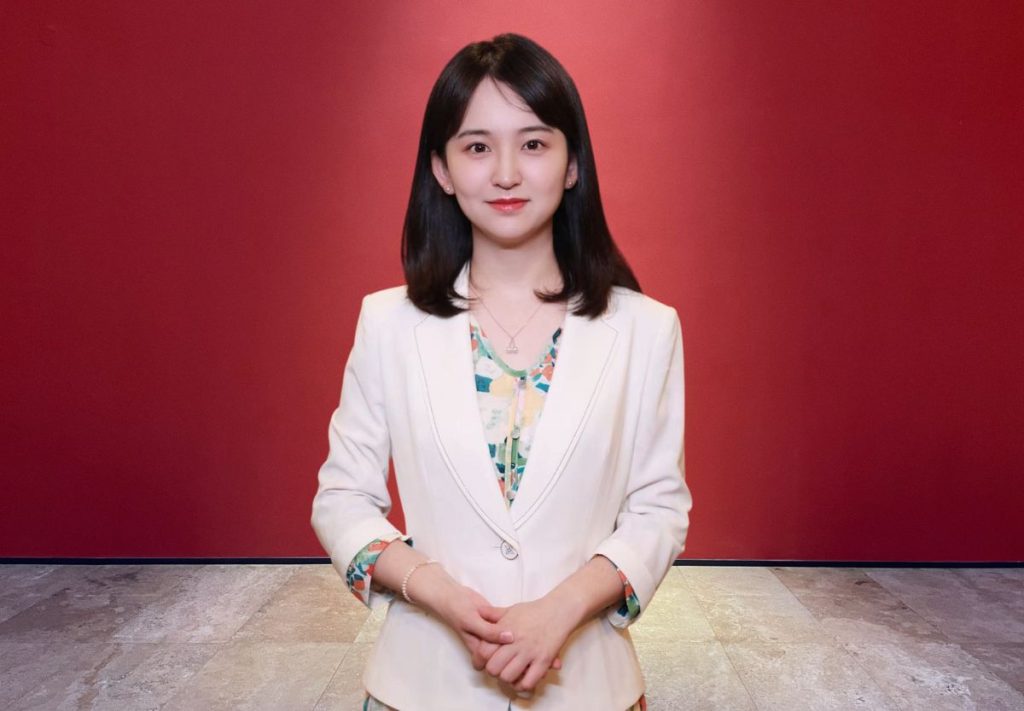
The key takeaway from this trip with my EU counterparts is that people across the globe are far more closely connected than we ever imagined. I now grasp the truth in the Chinese verse: “True friends across oceans make horizons feel like doorsteps.”
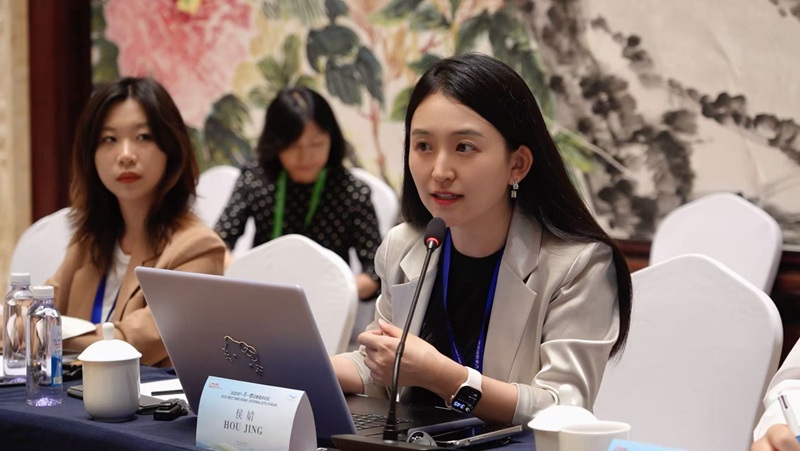
Hou Jing: I am now at China’s Chinatown, Jingdezhen. On this trip, I’m traveling with around 100 journalists from over 50 countries to attend the Belt and Road Journalists Forum in Jiangxi Province. I’m curious about how they understand China.
Take Moritz from Hamburg, Germany. I’m amazed by his fluent Chinese and particularly surprised to learn that he had just visited my hometown – a small city in central China. Now he’s like my homie. We promised each other to meet again next month in Beijing. To fit in more locally, he needs to learn some Beijing dialect.
Moritz Lohmann – Founder of “Germany Welcomes You”
Hou Jing: The word ‘china /porcelain’ has other meanings in Beijing dialect. You can repeat after me, “ci qi”. “ci qi”. Saying “You are my ‘ciqi’ (china/porcelain)” means that our friendship is as strong as china/porcelain.
Moritz Lohmann: It seems that in China, people often use materials to describe the relationship between friends. I have another friend from Northeast China, and he always says “lao tie.” (best friend like iron).
Hou Jing: Yes, and there is a term that indicates an even closer relationship than “ci qi”, which is “tie ci (iron china/porcelain).
Moritz Lohmann: It combines the words “iron” and “china/porcelain”
Hou Jing: Yes. It suggests a very strong and solid friendship, just like iron and china/porcelain.
Moritz Lohmann: Great. Let’s be “tie ci” of each other!”
Hou Jing: I also introduced this Beijing slang to another new friend of mine, Mr. John Wallace, director of the Asia-Pacific Journalism Center. In return, he told me that the word “china,” actually has the meaning of “friend” in English as well!
John Wallace -Director of Asia Pacific Journalism Center“: So if I call you China, in fact, I’m saying you’re my friend. “china plate” The way it works is that you have a china plate. Like a plate made from china. “plate”“mate” And the word plate is a little bit similar to the word mate. “come on, china” So if you say china come on china, “come on, mate” you’re actually saying, come on, mate; “china plate” “mate” china – plate – mate. That’s the logic of it.
Hou Jing: What’s even more surprising is that the first time I met Mr. Predrag, a journalist from Serbia, I discovered we have a friend in common!
Predrag Rava, Journalists’ Association of Serbia
Yi: How are you?
Hou Jing: I’m fine. How about you? I haven’t seen you for a long time, long time no see. And see who is with me.
Predrag Rava: Hello Yi, how are you?
Hou Jing: I met him at the Belt and Road Journalists Forum. He told me he’s from Serbia and I just told him that I have a very close friend who is working now in Serbia. And he told me, he doesn’t know too many Chinese friends. Yeah, the first thing he told me is Yi. Wow, I think it’s the same person.
Yi: Oh, what a coincidence!
Vanja Kavčić, the editor-in-chief of Slovenia‘s magazine “Internationalis” told me that China is no longer a distant country to her anymore.
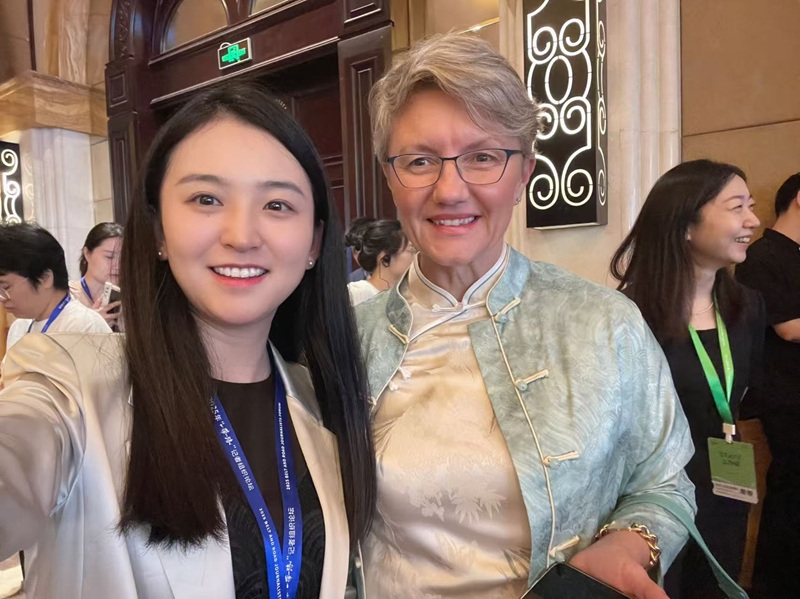
Hou Jing: I know this is your second time in China. You didn’t expect you have this trip so close to the first time.
Vanja Kavcic: Believe it or not, 6 months ago I had no idea in my life that I would ever travel to China. I think there’s some kind of destiny in it. Physical distance versus mental distance, this is something I started to think about more after traveling to China. China is the farthest destination in my life. Yes. After coming back, I realized even if things are far away, it’s not necessary. With some countries, you have a connection. And some other countries are like, hi, bye. I’ve been there. I don’t have to come back again, but this is not the case with China.
Hou Jing: I couldn’t agree more. A famous Chinese poem captures this sentiment perfectly: “True friends across oceans make horizons feel like doorsteps.”
Spending time with these international journalist friends has truly brought this poem to life for me.
Likewise, I believe the Belt and Road Initiative will connect more friends from a far, weaving them together like a belt and building roads that bring people closer to one another.
You can watch Hou Jing’s CGTN TV article

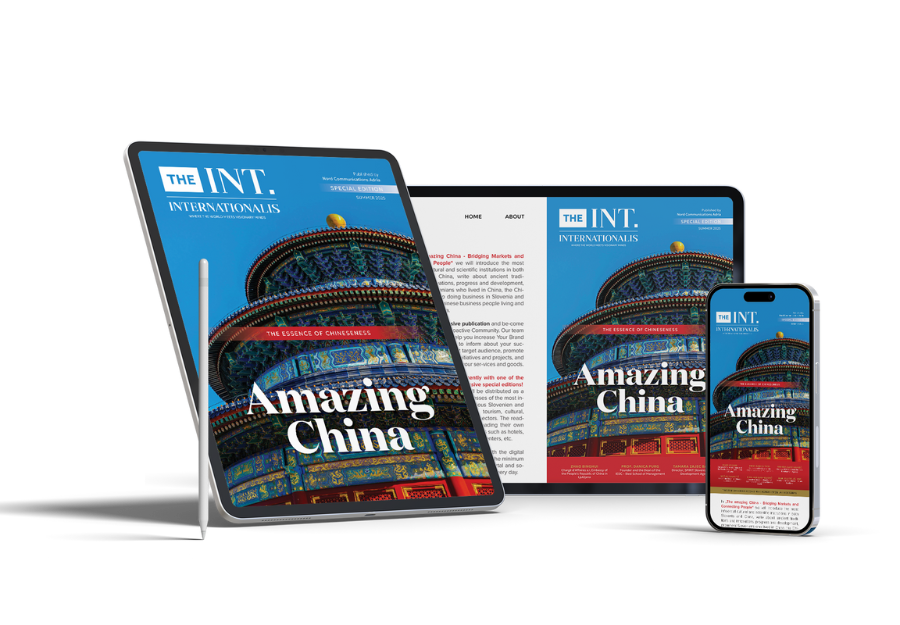
Get news before anyone else!
This audio recording was generated using AI technology. While every effort has been made to ensure clarity and accuracy, please note that the pronunciation of non-English words—particularly Chinese—may not always be correct. We appreciate your understanding and acknowledge that any mispronunciations are unintentional. Internationalis Media is not responsible for potential inaccuracies in AI-generated speech.